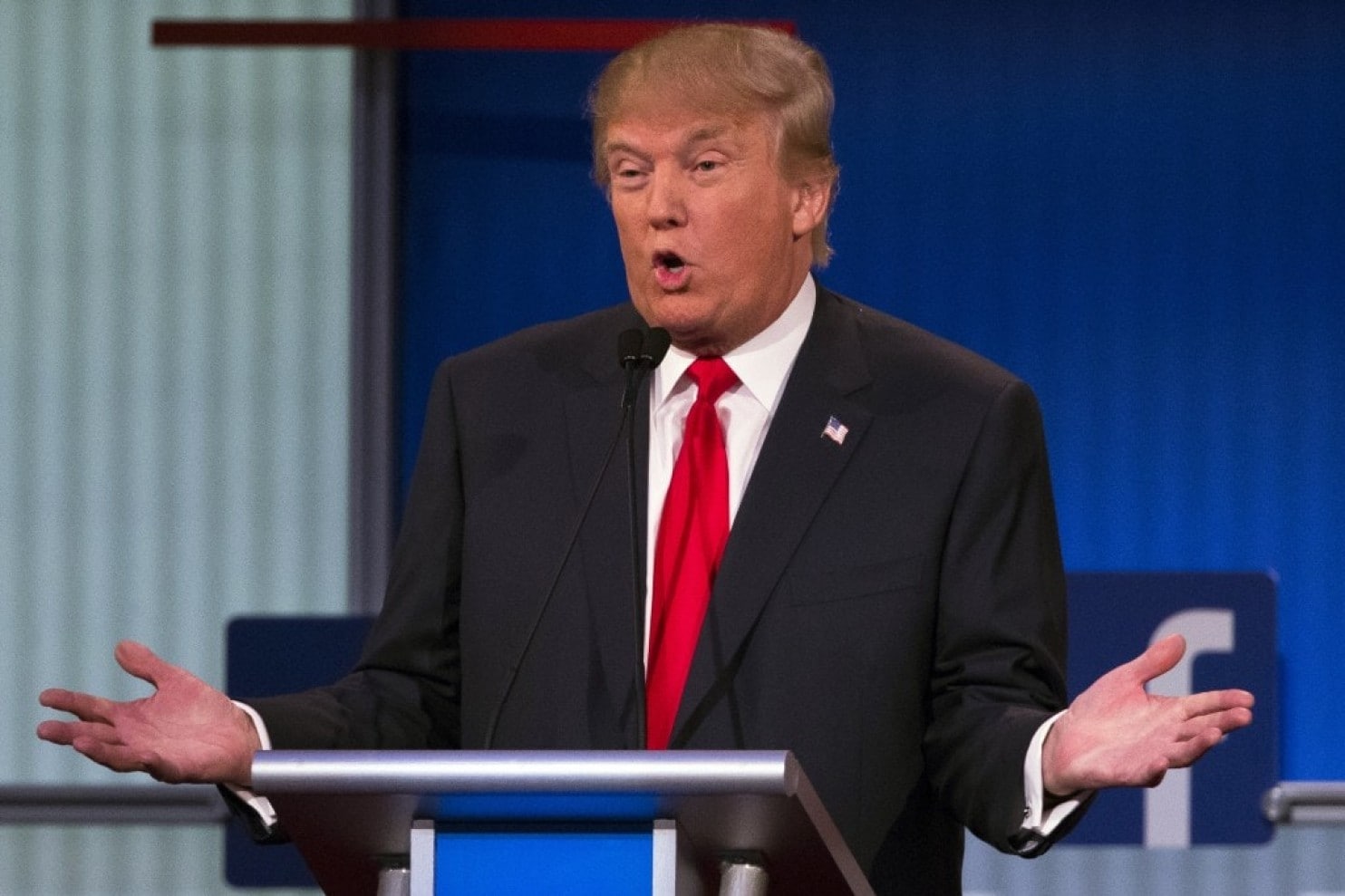Trump Economic Adviser’s Coinbase Stake Raises Fresh Ethics Questions
05.06.2025 10:00 2 min. read Alexander Stefanov
Kevin Hassett, head of the National Economic Council in Trump’s second term, has revealed a multi-million-dollar investment in crypto exchange Coinbase—prompting concerns over potential conflicts of interest in Washington.
A newly surfaced government ethics draft shows Hassett holds between $1 million and $5 million in Coinbase shares. The investment is linked to his prior work on the company’s advisory board, which included several prominent Trump allies.
Before his return to the White House in early 2025, Hassett earned $1.5 million from various sources, including roles at Stanford’s Hoover Institution and the Milken Foundation. He also collected nearly half a million dollars in speaking fees from financial firms like Goldman Sachs and Citigroup, and received $50,001 from Coinbase for his advisory work.
Unlike Senate-confirmed cabinet members, senior White House aides like Hassett aren’t required to divest assets or submit detailed ethics plans. There’s currently no confirmation he intends to offload his Coinbase holdings—despite overseeing crypto policy from the highest levels of government.
Soon after reassuming office, Trump signed an executive order creating a digital asset working group led by Hassett. The group’s mission is to shape crypto regulations that could potentially affect companies like Coinbase.
The release of financial disclosures has been slower than in Trump’s first term. Meanwhile, the Office of Government Ethics has seen major upheaval—Trump ousted its director in February and appointed Jamieson Greer as acting head, raising concerns about weakened checks and balances.
Hassett’s crypto ties follow a growing pattern among Trump appointees. Brian Quintenz, nominated to lead the CFTC, recently reported $3.4 million in assets linked to crypto and prediction markets. He has pledged to divest if confirmed.
As digital assets become more embedded in federal policy, the overlap between personal investments and public responsibility is becoming harder to ignore.
-
1
Whales Buy the Dip as Retail Panics: This Week in Crypto
29.06.2025 14:00 3 min. read -
2
History Shows War Panic Selling Hurts Crypto Traders
28.06.2025 18:30 3 min. read -
3
Ripple Faces Legal Setback as Court Rejects Bid to Ease Penalties
26.06.2025 16:54 1 min. read -
4
Coinbase Surges 43% in June, Tops S&P 500 After Regulatory Wins and Partnerships
29.06.2025 21:00 2 min. read -
5
Ripple Has Applied for a National Banking License
03.07.2025 7:00 2 min. read
Bank of America CEO Confirms Stablecoin Plans Are in Motion
Bank of America is actively developing a stablecoin offering, CEO Brian Moynihan revealed during a post-earnings conference call on Wednesday.
PayPal Expands PYUSD to Arbitrum in Latest Blockchain Push
PayPal has expanded its stablecoin, PayPal USD (PYUSD), to the Arbitrum network, marking a key step in its strategy to integrate with faster, more cost-efficient blockchain infrastructure.
Citigroup Explores Launching Stablecoin as Banks Embrace Crypto Shift
Citigroup is evaluating the potential launch of its own U.S. dollar-backed stablecoin, signaling a growing shift in sentiment among traditional financial institutions toward digital assets.
JPMorgan CEO Jamie Dimon Comments Stablecoins
JPMorgan Chase CEO Jamie Dimon remains skeptical of stablecoins—but says ignoring them isn’t an option for the world’s most powerful bank.
-
1
Whales Buy the Dip as Retail Panics: This Week in Crypto
29.06.2025 14:00 3 min. read -
2
History Shows War Panic Selling Hurts Crypto Traders
28.06.2025 18:30 3 min. read -
3
Ripple Faces Legal Setback as Court Rejects Bid to Ease Penalties
26.06.2025 16:54 1 min. read -
4
Coinbase Surges 43% in June, Tops S&P 500 After Regulatory Wins and Partnerships
29.06.2025 21:00 2 min. read -
5
Ripple Has Applied for a National Banking License
03.07.2025 7:00 2 min. read


